One of the main concerns in multi-dwelling units is the risk of unauthorized access to sensitive information. When multiple users share the same network, it can be simpler for hackers to infiltrate the system. This is especially true if the network is not properly secured. Residents should be aware of the importance of using robust passwords and activating two-factor authentication whenever feasible. Property managers can also help by making sure that the building's Wi-Fi connection is secured with encryption and regularly updated safety protocols.
Another significant issue is data privacy. In a common environment, individual information can be more vulnerable to attacks. For example, if one resident's device is compromised, it could potentially expose the data of others on the same connection. To mitigate this threat, residents should be cautious about the information they share online and be aware of the software they Continued use. Additionally, building managers can implement policies that promote safe internet practices among residents, such as frequent workshops on cybersecurity awareness.
Cloud service providers also have a crucial role in maintaining security in shared units. These companies are responsible for safeguarding the data stored in their systems. It is essential for residents and building managers to select reputable providers that emphasize security measures, such as information encryption and regular security checks. By selecting reliable cloud services, users can minimize the risk of information breaches and guarantee that their information is managed with caution.
Finally, continuous education about cloud security is essential for everyone involved. As technology evolves, so do the methods used by hackers. Regular training sessions and updates on the newest safety practices can help residents and building managers stay informed. By cultivating a culture of safety awareness, shared units can establish a safer digital space for all residents. In conclusion, while cloud computing offers many advantages, it is important to navigate its complex security landscape diligently to safeguard individual information and maintain a secure living environment.
